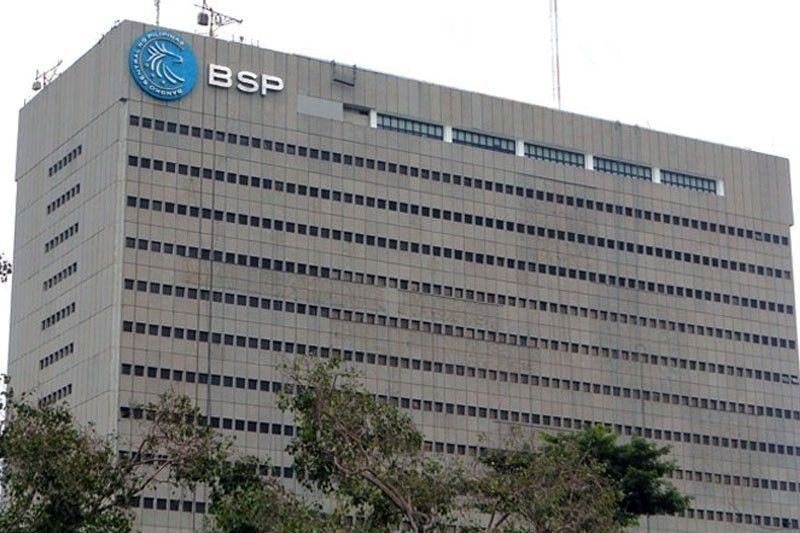BSP eyes participation in UN-backed investment scheme

MANILA, Philippines — The Bangko Sentral ng Pilipinas (BSP) wants to be a signatory to the world’s leading proponent of responsible investment supported by the United Nations (UN).
BSP Governor Felipe Medalla said the central bank wants to be a signatory to the UN-backed Principles for Responsible Investment (PRI) as part of its Sustainable Central Banking strategy.
As a leading proponent for responsible investment, PRI works to understand the investment implications of environmental, social and governance factors, as well as to support its international network of investor-signatories in incorporating ESG factors into their investment and ownership decisions.
PRI has 5,179 signatories, representing $121 trillion of assets under management (AUM), all over the world.
“We also are looking at developing a Responsible Investment Charter, which will guide the integration of sustainability tests with financial assessments,” he said.
The recently launched Sustainable Central Banking Strategy embodies the BSP’s role as enabler, mobilizer and doer with respect to advocating sustainability in the financial system.
The BSP has adopted a phased approach in introducing sustainability-related guidelines, with due regard to the principle of proportionality via Circular 1085 or the Sustainable Finance Framework, Circular 1128, or the Environment and Social Risk Management Framework, and Circular 1149 or the Guidelines on the Integration of Sustainability Principles in Investment Activities of Banks.
The regulator is preparing amendments to the disclosure requirement under Circular 1085 and enhancing prudential reports for data collection and surveillance analysis.
It is also incentivizing lending or financing of green or sustainable projects and developing sustainable finance taxonomy.
The central bank is also working with the World Bank, World Wide Fund for Nature Philippines, the Philippine Institute of Volcanology and Seismology as well as volunteer banks in the conduct of climate stress testing and vulnerability assessment to better understand climate and other environment-related risks, and estimate their potential impact on the banking system.
Aside from the issuance of enabling regulations, the BSP is also increasing awareness and capacity-building activities.
As a mobilizer, the investments of the BSP in green bond funds have reached $500 million from an initial $150 million in 2019.
Aside from being a signatory to the PRI, the BSP’s 11-point strategy under the Sustainable Central Banking Roadmap includes the conduct of a comprehensive vulnerability assessment of the Philippine economy and financial system, enhancing mandatory disclosures of climate-related financial risks by all banks, issuance of guidance of mandatory climate stress testing for banks, exploration of the integration of environmental and social risks into prudential practices, and incorporation of macroeconomic effects of climate change into monetary policy analysis.
The regulator is also considering incentive schemes for the promotion of green lending, inclusion of sustainability considerations in its portfolio management and risk management, development of a task force for inclusive green finance, inclusion of climate-related financial disclosure in its annual report, adoption of sustainable practices for its own facilities and operations, as well as the rollout of a capacity-building program for all staff in relevant areas.
Despite BSP reserves being assessed as high under the metrics of the International Monetary Fund (IMF), Medalla stressed the need to maintain an adequate buffer against external shocks.
“Although by IMF metrics – the IMF Assessing Reserve Adequacy – our reserves are assessed as high, we do think that given all the things that are often happening, there is no reason to be complacent, to let our reserves go down too sharply,” Medalla said.
Latest data showed the country’s foreign exchange buffer declined for the second straight year to $96.01 billion as of end-2022 from $110.12 billion at end-2020.
The central bank strongly opposed the inclusion of the country’s gross international reserves in the proposed Maharlika Investment Fund.
- Latest
- Trending

























